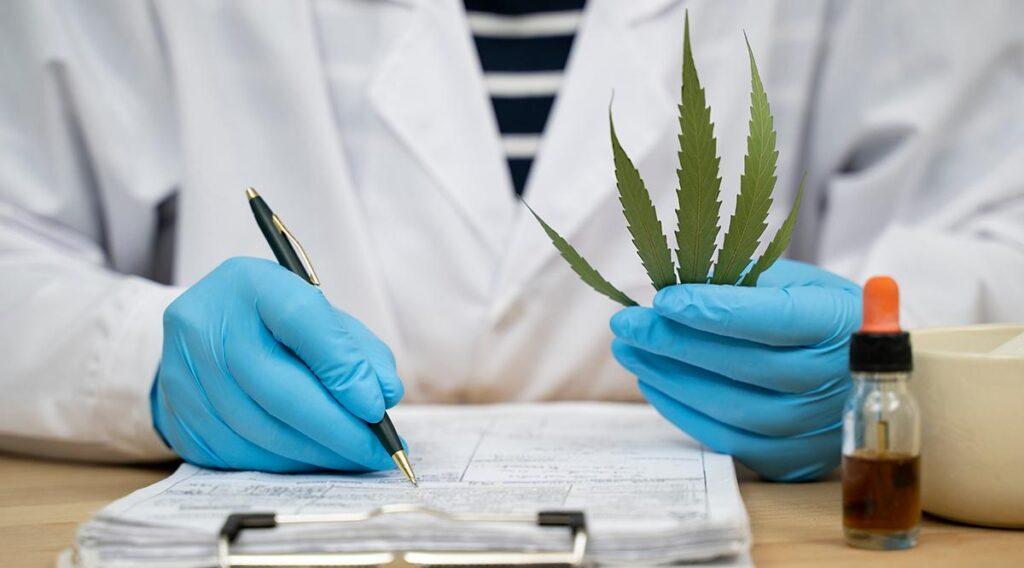Johns Hopkins University has announced that they will be conducting a five-year, $10 million study on the potential benefits of medical marijuana.

A new National Cannabis Study will soon begin tracking how a nationally representative cohort of about 10,000 patients respond to cannabis treatment, according to a Johns Hopkins University newsletter. The study will be supported by a five-year, $10 million grant from the National Institute on Drug Abuse (NIDA).
As part of a larger Cannabis and Health Research Initiative, “the data will be combined with existing observational studies and a system for identifying medicinal cannabis users in electronic medical records, in order to compare their information with non-users.” The researchers also plan to create a library of publications and other education materials.
“We have the availability of cannabis as a therapeutic, but we’re lacking the quality of data that we have with other medicines,” says Ryan Vandrey, one of the initiative’s creators and a professor of psychiatry and behavioral sciences at the Johns Hopkins University School of Medicine.
“Our mission with this research is to understand the health impacts of therapeutic cannabis use,” he says. “We hope to provide some starting points for understanding what types of products may or may not be helpful and what types of products may be more risky for use in certain populations or for certain therapeutic purposes.”
Vandrey is collaborating with Johannes Thrul, associate professor of mental health at the Johns Hopkins Bloomberg School of Public Health, and others on the project.
Working with NIDA and other experts, including Realm of Caring, a Colorado-based nonprofit that provides information about cannabinoid therapies, the Johns Hopkins researchers plan to collect data from an estimated 10,000 patients as they progress from cannabis naivety through a year or more of medical cannabis use, explains Thrul.
“We’re tracking them with multiple assessments over the course of their first year with more tightly spaced assessments toward the beginning because our assumption is that as people are starting their medical cannabis journey, they’re likely going to try different products until they find the products that best help them with their symptoms,” he says.
The database will include variables such as the chemical composition of different cannabis products; delivery methods such as smoking versus eating a gummy; interactions with other medications; and dosage amount, frequency and timing.
In addition to supporting clinical decision-making, policies and regulatory structures for medical cannabis use, the registry could provide information for developing clinical trials and basic science research, says Vandrey.
“Under the umbrella term of cannabis exist hundreds of products that are all different in very important and significant ways,” says Vandrey. “We’re trying to narrow the scope a little bit, find areas of real promise and focus the science on those.”







